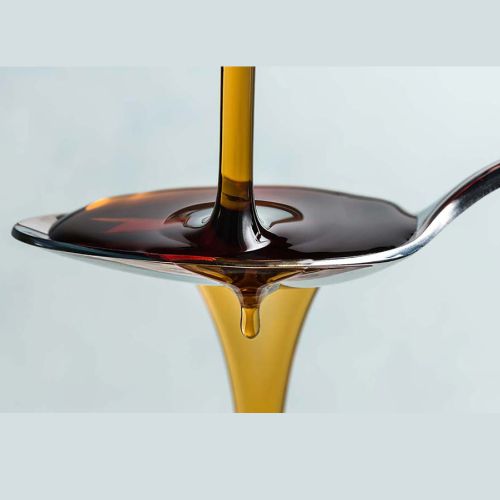Kathmandu: Restless hands, boiling lumps of sugar, and its aroma always linger in the air around the ancient city of Tokha these days, as it has been the sole supplier of the molasses locally called “Chaku” for years.
Workers preparing molasses this year are under pressure to maintain the supply of enough “Chaku” in the market, as they had relatively less time to prepare and dispatch it to the market. Demand for the confectionary has already risen in the market with the arrival of Maghe Sankranti, the festival of Chaku.
Buddha Shrestha, an entrepreneur at Tokha, told ANI, “Demands for Chaku (molasses) are rising year by year. The season is quite short this year, because of which we fear that we won’t be able to tap into the supply as per demand. We are making efforts to pump on enough produce for the market but we are not able to supply enough amount of Chaku as per the demand of the market.”
Shrestha added that the production of Chaku in the ancient town started late by about 10 days this year in comparison to the previous ones.
“In previous years we used to start producing Chaku in high volume from mid-November but this year we started late from the first week of December. The demand of Chaku increases when the Newa: a community of Kathmandu Valley devour themselves celebrating Yo:mari Punhi and the festival as per the lunar calendar started late which gave us a window of 19 days to prepare enough Chaku for the Maghe Sakranti. In the earlier years we used to have about a month to prepare and supply enough to the market but this year the season is short which has resulted in low supply,” Shrestha explained.
The Newa, a community of Kathmandu valley consume a high volume of Chaku- confectionery made from concentrated sugarcane juice, jaggery, ghee and nuts which holds significance on the Maghe Sankranti- the first day of the 10th month as per the Lunar calendar.
This process involves melting jaggery, stirring it continuously and then cooling it in clay pots. It is then whipped, slapped, and stretched until it turns dark brown.
The confectionery is then weighed, topped with nuts, and packaged. The whole process takes two to three hours.
“Consuming Chaku would regulate body temperature. It increases warmth in a person’s body as well as plays a role in producing milk for breastfeeding. Women can take benefit through its consumption,” Rahul Shrestha, another entrepreneur briefed about its major health benefit.
As many as 1100 grams of sugar lumps, ‘Bheli’, are needed to prepare one kilogram of molasses and the producers only can make a profit of Rs 15-20 through the sales.
The business of making molasses is seasonal and functions full-fledged for 2 months in a year.
The rest of the time entrepreneurs are busy with their agricultural work and other supporting business.
(With inputs from ANI)












